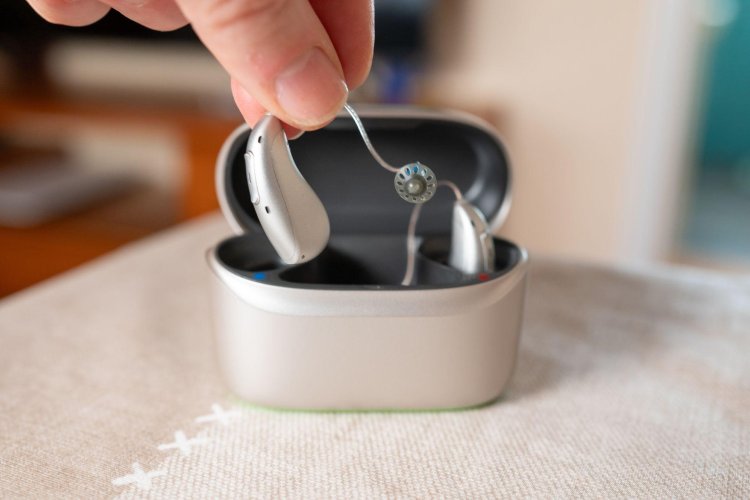If you go to a loud concert and you temporarily have trouble hearing when you get back home, this isn't such a big surprise. You may also know older adults tend to be more susceptible to hearing loss than their younger counterparts. But there are some causes of hearing impairment that might not yet be on your radar since the connection to hearing loss isn't so clear. Below, we take a look at a handful of the more surprising hearing impairment causes and risk factors.
1. Excessive Alcohol Consumption
Regularly consuming large amounts of alcohol can impact all aspects of your health, including your hearing. Excessive alcohol consumption has the potential to damage a part of your ears known as the central auditory cortex. This is where auditory sounds are processed so they can be properly interpreted. Even single instances of overindulgence in alcohol could contribute to:
- Trouble processing lower frequencies
- Difficulty with comprehension due to sound processing delays
- Lingering balance issues since inner ear fluids absorb alcohol
2. Sleep Apnea
Several studies have noted a link between hearing loss and sleep apnea, a condition characterized by breathing disruptions while sleeping. It's not clear why there's a connection, but it could be due to reduced oxygen intake. Even slight disruptions with blood supply to delicate inner ear systems could affect hearing. Many years of loud snoring, common with sleep apnea, may also contribute to hearing impairment.
3. Chronic Stress
We all get stressed out from time to time, but it's usually temporary. During periods of increased stress, your body sends more blood to various muscle groups so you can react quickly if necessary. This takes oxygen and other important nutrients away from key parts that affect hearing. If this happens regularly due to chronic stress, hearing loss may be experienced if delicate inner ear tissues and mechanisms are damaged.
4. Iron Deficiencies
A University of Pennsylvania study looked at more than 300,000 adults with below-normal iron levels. Researchers discovered participants with a condition referred to as iron-deficient anemia (IDA) were twice as likely to have issues with hearing impairment than individuals without IDA. While researchers cannot confirm lower iron levels are a direct cause of hearing loss, they acknowledge that this essential mineral plays an important role in supplying blood to tiny inner ear hair cells. These cells convert sounds into electrical signals the brain interprets.
5. Vaping
It's often assumed that vaping is a safer alternative to traditional cigarette smoking. Still, there's research suggesting this may not be the case. Even if you opt for e-cigarettes without nicotine, there are still some potential risks involved, including hearing loss. The flavorings in e-cigs contain a substance known as propylene glycol. It's a synthetic liquid containing two alcohol groups linked to hearing issues from topical absorption.
Call Us Today
Additionally, anecdotal reports suggest a possible link between hearing loss, tinnitus, and COVID-19. Also, if you had mumps, there's a slight chance of hearing impairment due to damage to the cochlea that may be caused by this viral condition.
If you're experiencing any degree of hearing loss, regardless of the reason or possible contributing factors, Beltone South is here to help. We offer a wide range of options with hearing aids designed to address many different needs and personal preferences.
Call today to schedule an appointment with one of our hearing care specialists.






